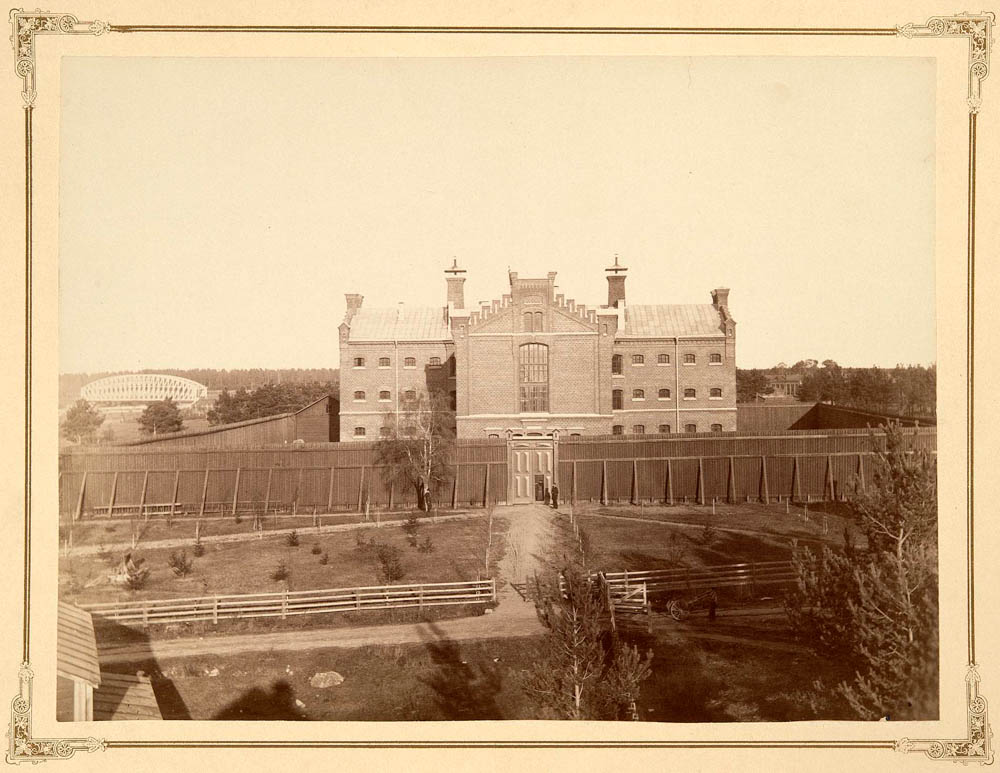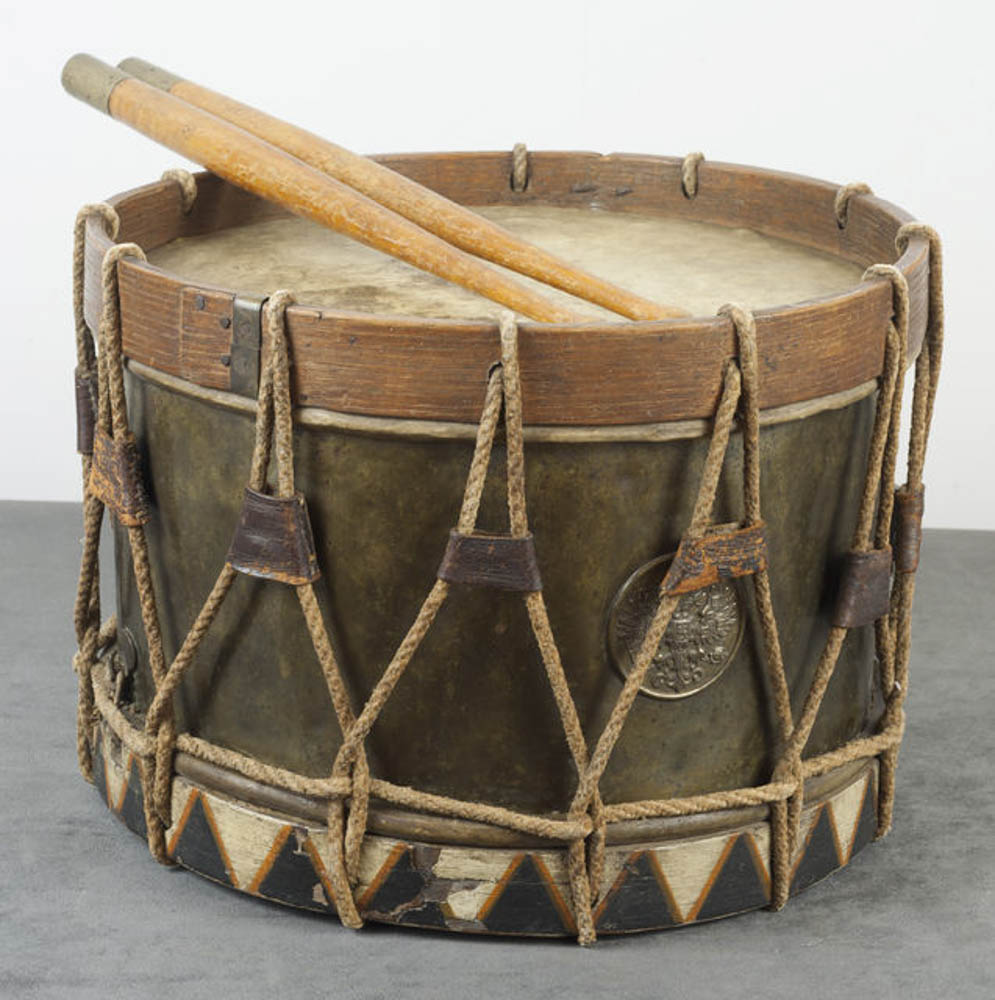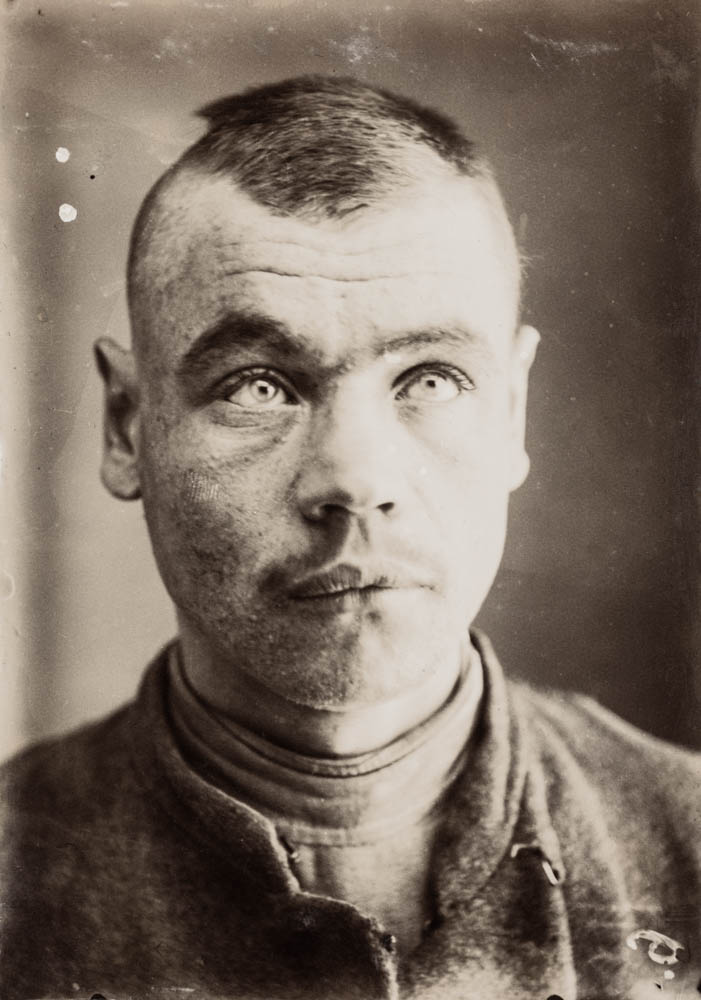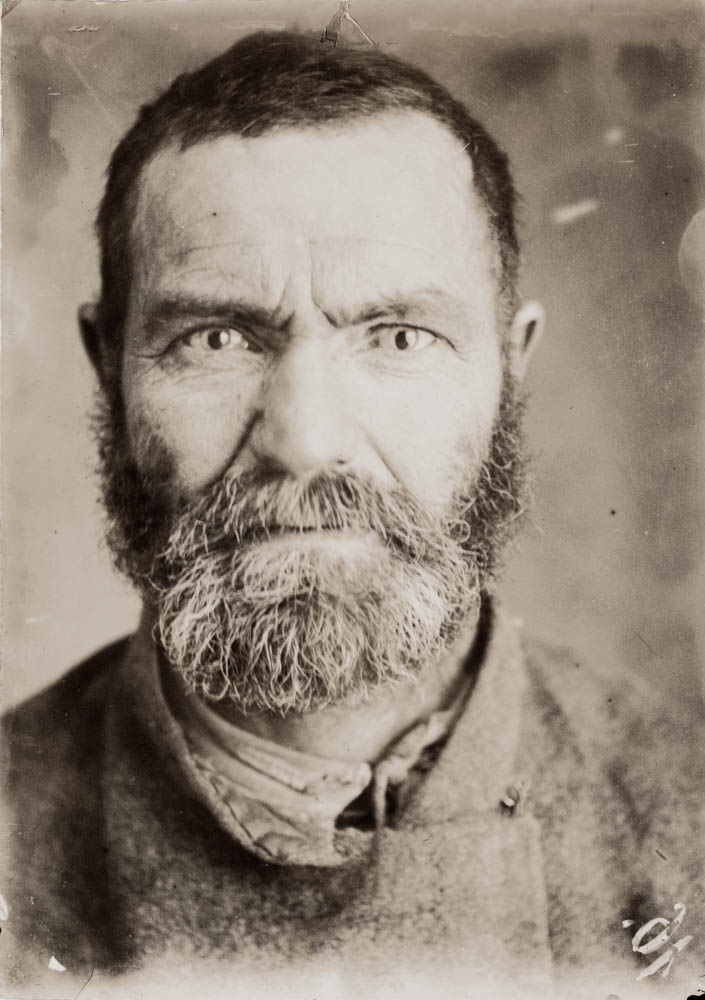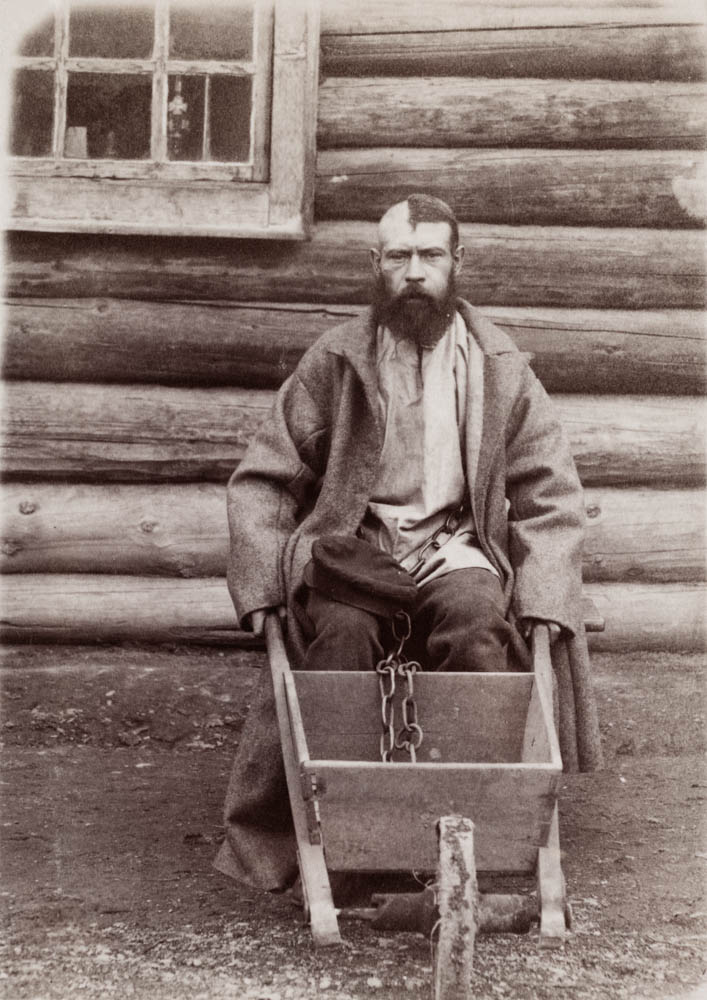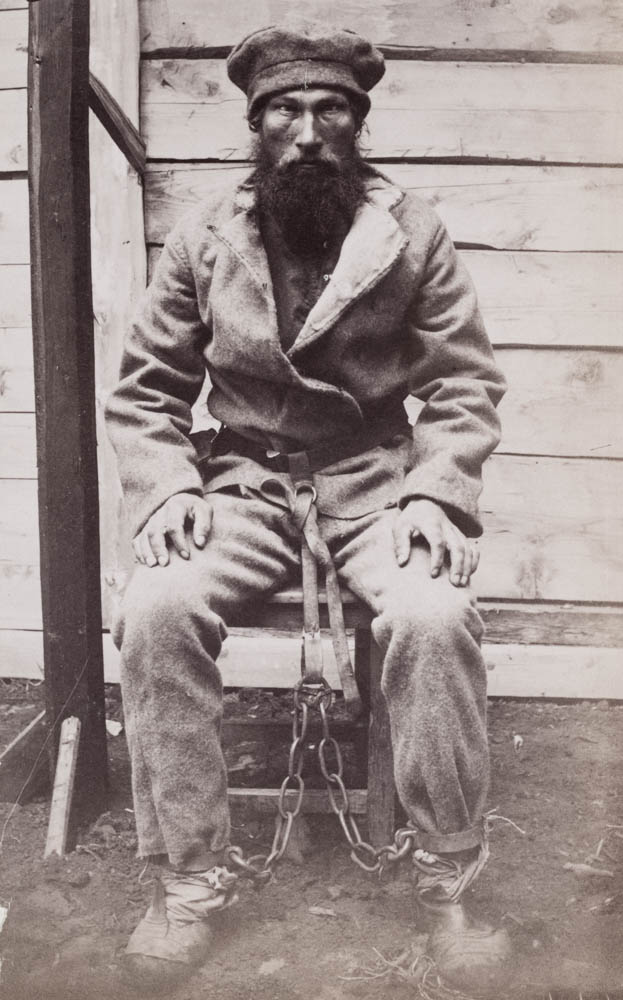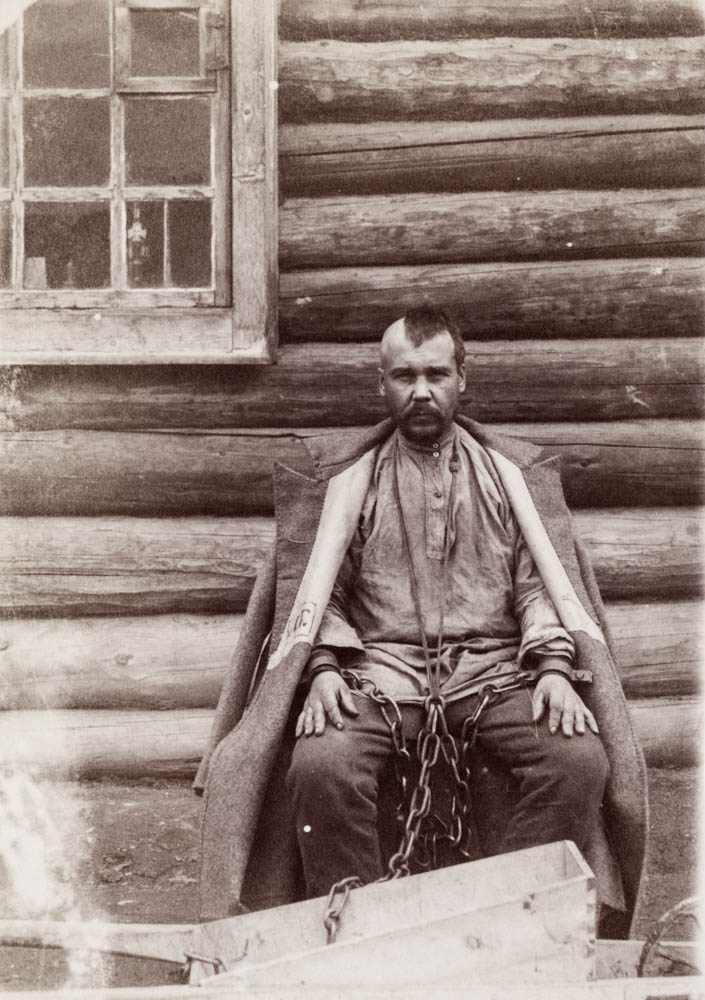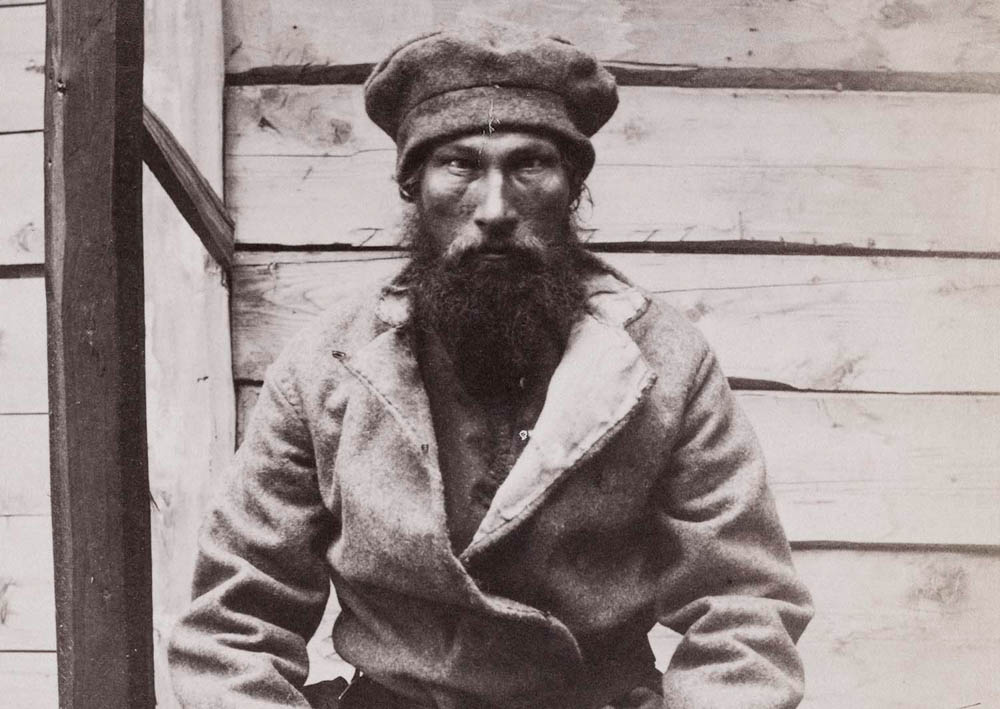
Sara Wacklin often described perseverance, extraordinary courage, and an exemplary sense of solidarity. But what happened when the authorities left the city and the criminals decided to take the law into their own hands? The story is from Sara Wacklin's book "Hundrade minnen från Österbotten" from 1844.
Eräänä suloisena kesäaamuna, kun Oulun maaherra oli virkamatkalla, kaupungin ylemmät virkamiehet retkeilivät maaseudulla ja kaikki työväki hääri pelloilla, niityillä, telakalla tai kalastuksen parissa, jäi rauhallisen kaupunkimme miesvahvuudesta paikalle lähinnä vain linnan vangit. Silloin iski heihinkin palava halu päästä vapauteen, villiin luontoon nauttimaan suvisesta säästä. Jo aamukymmeneltä olivat vangit päässeet kahleistaan irti. Sitä ennen he olivat käyneet vartijoiden kimppuun, haavoittaneet heitä veitsillä, murhanneet yhden heistä ja sulkeneet telkien taakse koko kasakkavartion, jonka aseet he riistivät itselleen. Puukkojen lisäksi he kähvelsivät viiloja, joilla he nyt katkoivat kahleitaan.
Eräs kotiin jäänyt virkamies määräsi oitis kaupunginrumpalin soittamaan hätämerkkiä kaikille kaduille, jotta väki saataisiin koolle rauhanrikkojien taltuttamiseksi. Mutta kaiken kukkuraksi oli rumpalikin halunnut nauttia suvesta ja tepastellut lähimpään krouviin, jossa hän nyt loikoili täysin hölmistyneenä miellyttävässä viinatokkurassa. Ankaraan määräykseen hän vastasi autuaan tyytyväisenä ”trum, trum, trum!” eikä pystynyt liikauttamaan sormeaankaan. Mikä nyt neuvoksi?
Vaara uhkasi tulliportilla. Kaupungin tärkein rumpu ripustettiin sijaiseksi pestatun pikkupojan kaulaan. Poika ei ollut paljonkaan rumpua suurempi, mutta hän löi niin mestarillisia päristyksiä, että kokonaiset lapsi- ja akkalaumat jättivät saman tien pallonsa, katekismuksensa, rukkinsa ja taikinakulhonsa rientääkseen jauhoisina kuulemaan suut ammollaan ja korvat höröllä tavatonta rummutusta ja kauheaa tiedonantoa, jonka mukaan ”linnan vangit olivat vapaina ja aikeissa ryöstää ja polttaa kaiken, minkä kaupungissa käsiinsä saisivat”. Kuulijoiden kauhu tarttui pian pikkurumpaliinkin, joka äkisti sanoutui irti tehtävästään ja potkaisi ison rummun peloissaan katuojaan. Nopeasti värvätyn joukkonsa kärjessä hän kuitenkin riensi linnanvankilaa kohti nähdäkseen, mitä tuleman piti, ja osoittaakseen pelätyille rikollisille, ettei hän ainakaan ollut syyllinen siihen, mitä näille sitten sattuisikin.
Muinoin upseerin arvon saavuttanut sotaveteraani innostui oitis hätämerkin kuullessaan. Hänen miekkansa terä oli pitkän rauhan aikana kuitenkin ruostunut niin tiukasti tuppeen kiinni, että hän vaivoin, pelosta vapisevan rouvansa ja väkevän piian avustuksella, sai kiskaistua ammoin sodassa säihkyneen säilän esiin. Sillä hän nyt, yhtä rohkeana kuin vuosia sitten, lähti yksin puolustamaan kansalaisten elämää ja omaisuutta sekä piirittämään linnaa, jonka suojissa vangit olivat saaneet haltuunsa vartijoiden kiväärit ja ammuksia.
Vankilan lähistölle päästyään vanha soturi värväsi välittömästi komennukseensa lujakouraisen sepänkisällin. Yhdessä he kiersivät linnaa estääkseen vankeja livahtamasta luukkujen kautta ulos. Sillä välin paikalle saapuneet eukot passittivat erään pikkutytön lainaamaan pyssyä määrätystä talosta, jossa sillä tiedettiin hätyytetyn varpusia puutarhasta. Lähetti palasi vikkelästi ja aivan hengästyneenä onnistuneelta matkaltaan, pyssy mukanaan. Se annettiin herralle, joka oli pitkään katsellut ärtyneenä, miten villiintyneinä nauravat vangit ammuskelivat avoimista ikkunoista katselijoita, jotka enimmäkseen pysyttelivät aseiden kantomatkan tavoittamattomissa.
Tällä erää yksi vangeista oli löytänyt linnan viinavaraston. Nuo nälkiintyneet olennot eivät tarvinneet montaakaan ryyppyä ennen kuin he jo räyhäten ja riemuiten hyppivät ja loilottivat samalla, kun vielä pari tiukemmin kytkettyä vankia ahkeroi viiloineen päästäkseen vapaiksi raskaista rautakahleistaan. Vielä ei kukaan ollut yrittänyt paeta. Kahleista päässeet odottivat onnettomia tovereitaan tahtomatta jättää näitä pulaan. Kello kävi jo neljää iltapäivällä.
Silloin ilmaantui paikalle atleettinen hahmo, merimies Monius, seitsemän leveäharteisen korston kärjessä. Yhdessä nämä ryntäsivät linnaa kohti. Hyökkäykseen yhtyi vanha sotaveteraani joukkoineen (komentamansa sepänkisällin kanssa).
Vankilan puinen ulkoportti murrettiin nopeasti kirveillä ja tukilla, vaikka vangit syöksyivät linnanpihan puolelta panemaan vastaan. Alkoi verinen taistelu. Laukauksia vaihdettiin, ja moni onneton vanki kaatui kuolleena tai haavoittuneena maahan. Lopulta 10 rohkeaa, henkensä kaupalla yleisen turvallisuuden puolesta taistellutta miestä onnistui päihittämään ja vangitsemaan 48 rikollista.
Translation translation; Sampsa Laurinen.

Svenska Kulturfonden on tukenut Sara Wacklinin “Hundrade minnen från Österbotten” tarinoiden julkaisua.

